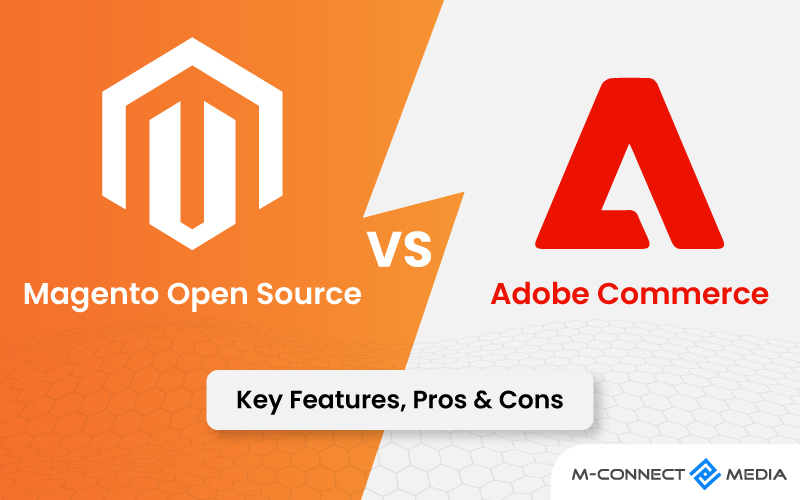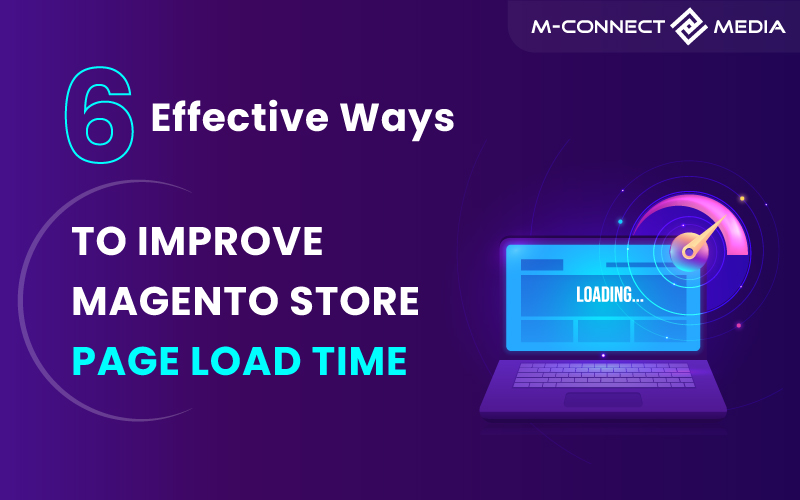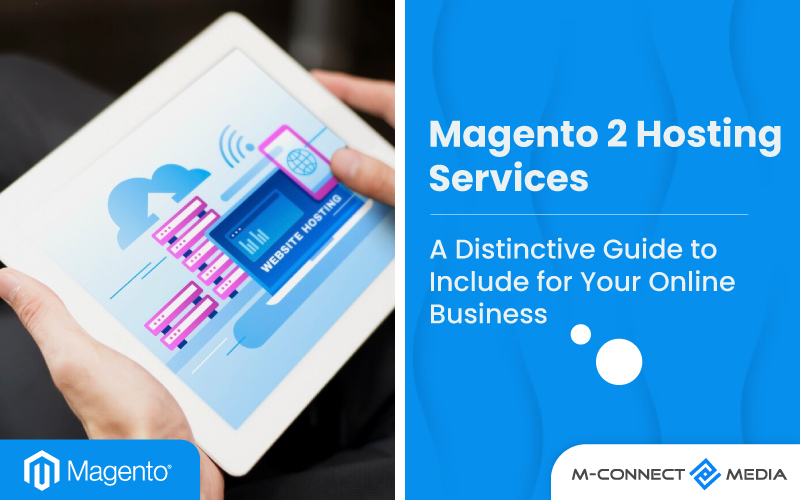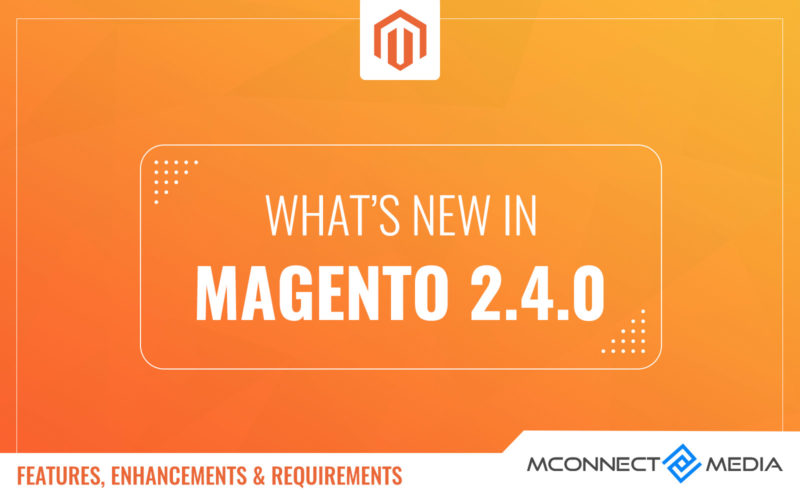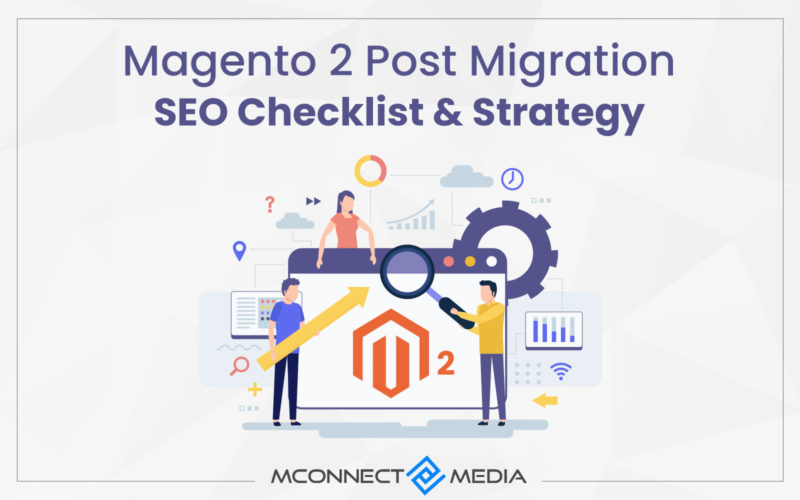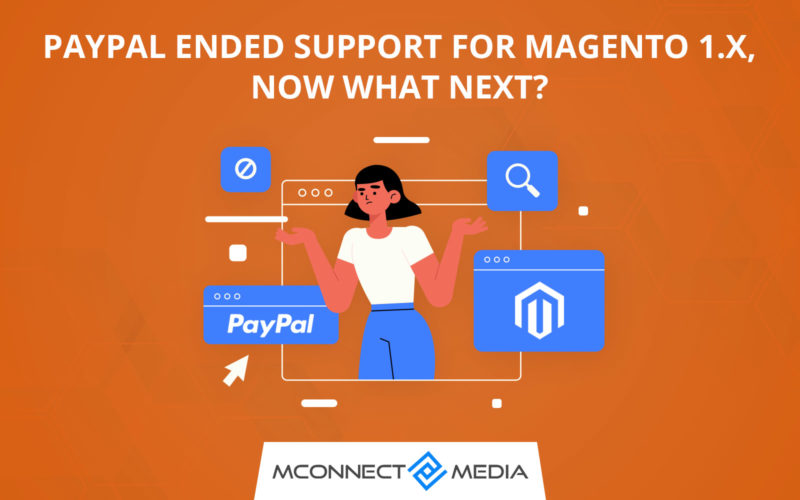Adobe Commerce is a powerful eCommerce platform that enables businesses to give their customers with individualized purchasing experiences. Magento Open Source is a flexible and open-source eCommerce platform that allows businesses to customize their stores to meet their specific needs.
Look at Magento open source and Adobe commerce if you need an e-commerce platform that can handle both large and small projects. Depending on your sector, you may a good fit for the Open Source platform, or you may want to avoid long-term technical debt by using Adobe Commerce.
In this piece, we’ll look at the benefits and downsides of Magento Open Source, as well as compare it to Adobe Commerce (formerly Magento 2 Enterprise), to help you decide which is the best fit for you.
What is Magento Open Source?
Adobe Commerce’s free, open-source competitor is Magento Open Source. This version is primarily aimed at small enterprises, and it allows you to customize your store by adding features and Magento extensions.
Magento is one of the most Popular eCommerce platforms, powering over 170,000 online stores. Magento Open Source is also a collaboratively developed version of Adobe Commerce. It’s a reliable, flexible solution with a huge, helpful developer community.
It’s easy to understand why Magento Open Source is so popular. It has an active developer and evangelist community, as well as a codebase marketplace of tools and extensions to which the community is keen to add. It also personifies the true open-source mentality.
Magento OS is not an all-inclusive solution. Because it is a technology platform, you will need to find a trustworthy eCommerce development partner to build an online store and integrate it into the current ecosystem.
If you have competent employees who know how to develop on the platform and are prepared to invest time in establishing and managing everything from hosting and support to backend needs, the Open Source version may appear to be the best option.
Also Read: Future of E-commerce with Magento Open Source: What to Expect
Magento Open Source Features
Magento Open Source is a self-hosted platform that allows you to build an online store from the ground up, complete with all of the necessary eCommerce functions. It includes the following standard features as:
- Site search
- Catalog management
- Integrated checkout, payment, and shipping
- Instant purchase
- Mobile optimized shopping
- Global selling
- WYSIWYG Page Builder
- Access to extensions via Adobe Commerce (Magento) Marketplace
Pros of Magento Open Source
- Magento open source is available for free.
- It is free to download and install, and admin users may tailor it to their own needs.
- It includes all of Magento’s essential features, including payment, checkout, catalog management, shipping portals, reporting, analytics, and more.
- If you want more functionality than what the basic features offer, you may purchase extensions and models from the Magento Marketplace.
- Because Magento is a cloud-based, open source Platform as a Service, its code may be modified to match design requirements.
- This platform allows you to have complete control over every aspect of your website.
- It includes far more extensive reporting tools that are quite beneficial for business planning.
- The administration of an online shopping cart and an eCommerce enterprise.
Also Read: Magento Open Source 2.4.3: Release and Updates About Latest Magento 2 Version
Cons of Magento Open Source
- Although Magento Open Source is free and may be adapted to meet your own requirements, adopting vision may be challenging for developers to grasp and apply.
- It will be necessary to hire a qualified developer, preferably one who is Magento certified. Finding and hiring these developers will take time and money.
- Having more SEO options built in.
- Magento Open Source website management takes longer than WordPress or Shopify to load.
- It requires substantial work to complete initial setup, making it a low priority option for shops that want quick development in a short period of time.
- Magneto has a number of technical faults.
What is Adobe Commerce?
Adobe Commerce is excellent for larger businesses with more complex requirements. The Adobe Commerce cloud (formerly known as Magento Enterprise, Magento Commerce) offers a plethora of capability straight out of the box.
It offers drag-and-drop content management, as well as design and preview features, allowing content creators to manage and generate material without requiring the services of a developer. This speeds up development and allows your marketing team to be more agile.
Adobe Commerce is a headless e-commerce platform that assists organizations in managing and growing their eCommerce operations. It also includes a variety of enterprise-level services and solutions to help online merchants reach their business objectives.
Adobe Commerce is an enterprise platform design for quick innovation, with substantial out-of-the-box capability, boundless scalability, and powerful business tools to keep you ahead in the increasingly complicated world of digital commerce and expanding customer requirements.
If you’re looking for a platform that will help your company enhance its operations and grow swiftly, Adobe Commerce Cloud is the best option. If you use Adobe Commerce, you will also gain stronger security features, faster page loading, and a reduced time to market.
Also Read: 7 Reasons Why Magento A Prospective Platform For Your ECommerce Business?
Adobe Commerce Features
Adobe Commerce, in addition to the open-source version’s capabilities, includes a slew of additional features. More will follow as Adobe continues to integrate its services into Commerce. Adobe Commerce includes functionality in a number of areas, including:
- B2B functionality
- Advanced marketing tools
- Customer segmentation and loyalty tools
- Staging and preview of content
- Visual merchandising
- Gift cards
- Live Search by Adobe Sensei (AI for e-com)
- Recommendation / Search / Visual Search
- Performance monitoring tools
- Business intelligence dashboards
Pros of Adobe Commerce
- There are on-premises and cloud-hosted versions available, although they have almost similar codebases.
- Connecting third-party extensions and systems to Magento Commerce is straightforward.
- Accounting, PIN, CRM, ERP, and marketing automation apps may all benefit from Magento APIs.
- Your marketing team may utilize the Content Staging tool in the Admin dashboard to review, produce, and schedule content modifications.
- Offers a full set of tools for building an eCommerce store.
- Easy installation and pre-built connections.
- A basic user interface for a simple front end user interface.
Cons of Adobe Commerce
- Because of the license requirements, Magento Commerce is more costly. There is a financial and time cost associated here.
- This eCommerce versions has everything pre-configured from the start, cutting development time.
- The commerce version allows owners to write, deploy, and test features in three distinct scenarios.
- This is useful for organizing feature Magento development, but it may cause additional problems.
- Customized customization to a company’s needs necessitates tremendous progress.
- It is a hassle to upgrade changes as the underlying program evolves.
Key Differences – Magento Open Source and Adobe Commerce
The primary distinction between Magento Open Source and Adobe Commerce is that Open Source is available for free. Adobe Commerce, on the other hand, is a premium, paid-for service. It has a large list of features and functions that would required to create with the Open Source version.
Let’s compare the major differences between Magento Open Source and Adobe Commerce in this section:
Scalability
By going with the open source version of Magento, you run the danger of being slowed down and held back by having to design every new component that your business will require as it grows.
Scalability, on the other hand, must prepared for when picking an eCommerce platform. If you anticipate quick development, starting with Adobe Commerce makes sense. Furthermore, it provides a variety of features that might fulfill the demands of a developing organization.
Cost
As previously stated, Magento Open Source is completely free to use. If you do not foresee significant development that would warrant investing in the commercial version, the free platform may be the better option.
Magento Commerce, on the other hand, costs a licensing fee. As a licence fee, Adobe Commerce charges a percentage of your annual income. It is necessary to consider the cost, but it is also necessary to evaluate the value it provides.
Security
Payment security and tokenization are not available in Magento Open Source, which might be problematic because these functionalities are required for safe transactions. Another issue with the free version is that it does not meet PCI DSS security standards.
In terms of security, Adobe Commerce outperforms Magento Open Source. Magento Commerce’s security solutions are more advanced. Card processing is also handled using Magento’s Secure Payment Bridge in the premium edition.
Support
Magento Open Source does not have its own support team. A large number of communities, a large guide library, and an active community forum will only assist your technical staff.
Magento Commerce Edition includes support services such as a dedicated account manager who handles all Magento-related issues. Technical assistance is accessible 24 hours a day, seven days a week, and you have access to Magento partners’ Rapid Deployment Packages, which make it simple to launch and set up any solution.
Takeaways
The choice between Magento Open Source and Adobe Commerce is determined by your eCommerce needs. Magento commerce consumers prioritize price, while some choose enhanced search capabilities or marketing alternatives.
Lastly, whether you should use Adobe Commerce vs Magento Commerce is determined by your company requirements. Both platforms have pros and cons. If you want a platform with more features and capabilities, though, Adobe Commerce is the way to go.
If you’re still unsure about whether Magento platform is right for you, our Magento Development team of experts can help. Please contact us to get started, and we will gladly assist you!
Also Read: What is Magento Developer? How to Hire Magento Developer?
Frequently Asked Questions (FAQs):
- Why choose Adobe commerce?
Adobe Commerce is a premium version that requires an annual license fee to utilize a set of additional features provided by Adobe. Premium features are available for larger companies and businesses with increased client traffic, larger product portfolios, and a wider worldwide reach.
- Is Magento commerce now Adobe Commerce?
The licensed version previously known as “Magento Commerce” will renamed “Adobe Commerce.” The moniker “Magento Open Source,” originally known as “Magento Community Edition,” will be retained.
- What is the main difference of Adobe Commerce and Magento?
The primary distinction between Magento Open Source and Adobe Commerce is that Open Source is available for free. Adobe Commerce, on the other hand, is a paid-for premium product.
- Why Magento is best for ecommerce?
With Magento, eCommerce businesses may freely choose a hosted platform of their choosing rather than being tied to a single hosting provider. This gives all online retail firms the ability to have their files and be selective with multiple Magento hosting companies.

